Cloud Computing
Provides virtualized computing resources over the internet. Users can rent virtual machines, storage, and
networking resources on a pay-as-you-go basis, avoiding the costs and complexities of owning physical
hardware.
Offers a platform and environment for developers to build, deploy, and manage applications without dealing
with the underlying infrastructure. It includes tools, databases, and development frameworks.
Delivers software applications over the internet on a subscription basis. Users can access applications
directly from a web browser without the need for installation and maintenance.
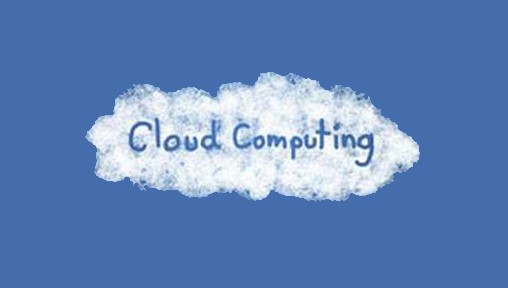
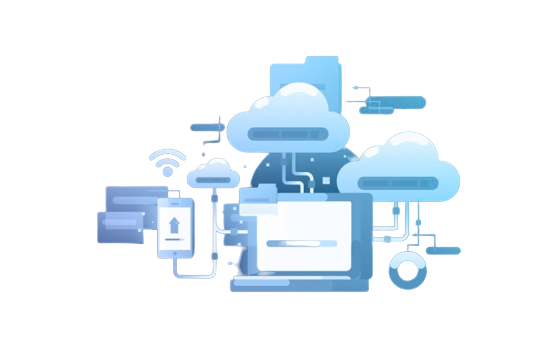
Cloud computing is a revolutionary technology that has transformed the way businesses manage their IT
infrastructure, applications, and data. It involves the delivery of computing services over the internet,
providing on-demand access to a shared pool of resources, including servers, storage, databases,
networking, and software applications.
Here are some key aspects of cloud computing and the benefits it offers to businesses:
Scalability: Cloud computing allows businesses to scale their resources up or down based on demand. This
elasticity ensures that companies can quickly adapt to changing workloads, handle spikes in user traffic,
and optimize resource utilization.
Cost-Efficiency: By moving IT infrastructure to the cloud, businesses can avoid the high costs associated
with purchasing and maintaining physical hardware. Cloud providers offer a pay-as-you-go model, where
businesses pay only for the resources they use, resulting in cost savings and improved cost predictability.

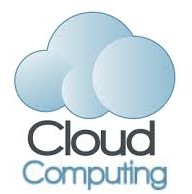 Cloud computing
Cloud computing AWS
AWS DevOps
DevOps Terraform
Terraform Google Cloud Platform
Google Cloud Platform Ansible
Ansible Kubernetes
Kubernetes Docker
Docker Jenkins
Jenkins Robotic Process Automation
Robotic Process Automation Power Platform
Power Platform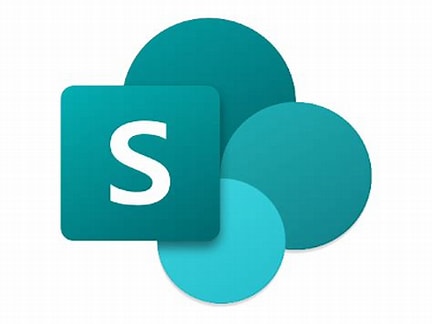 SharePoint
SharePoint SPFx
SPFx  PHP
PHP Data Science
Data Science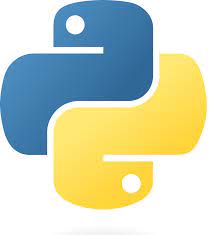 Python
Python React JS
React JS